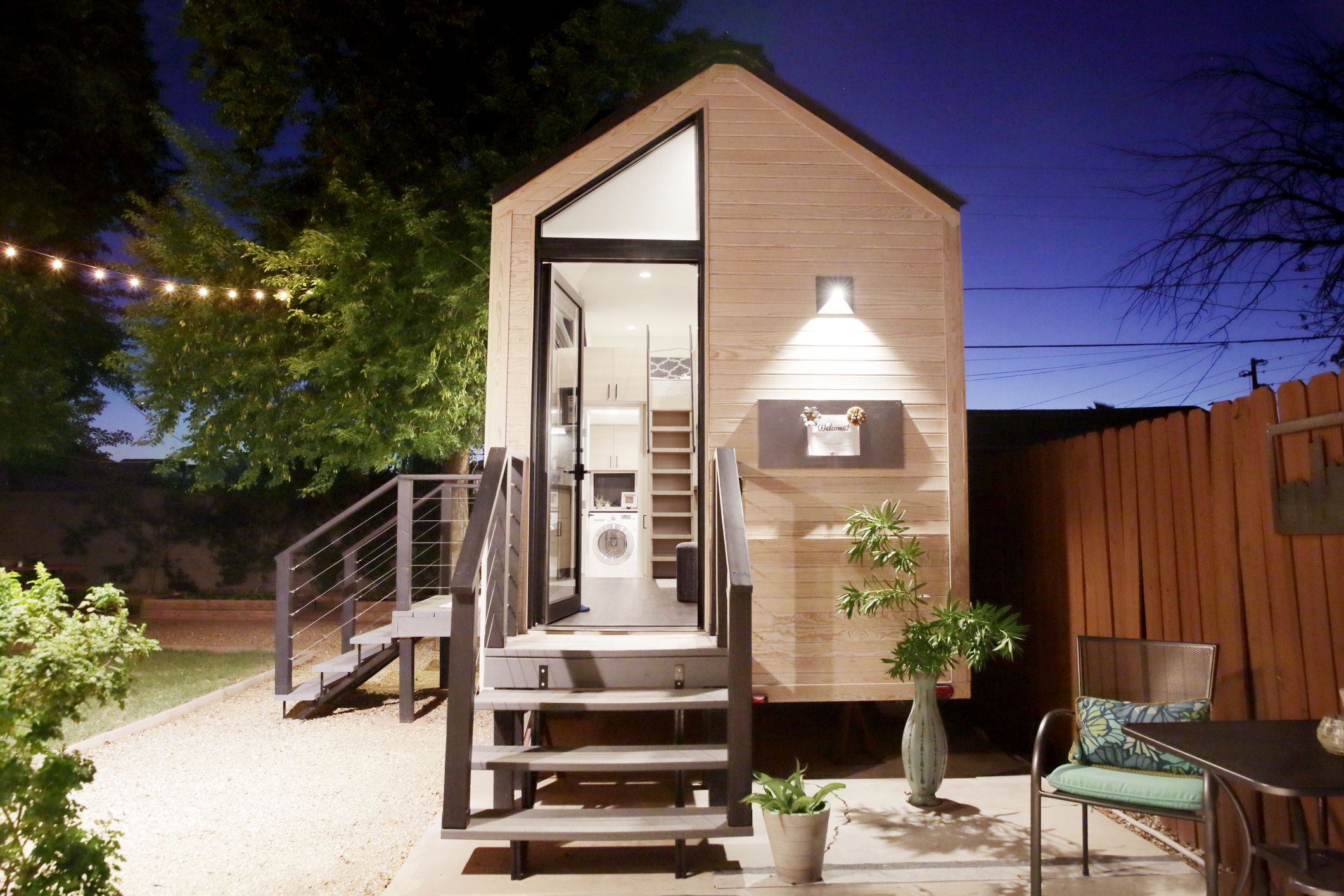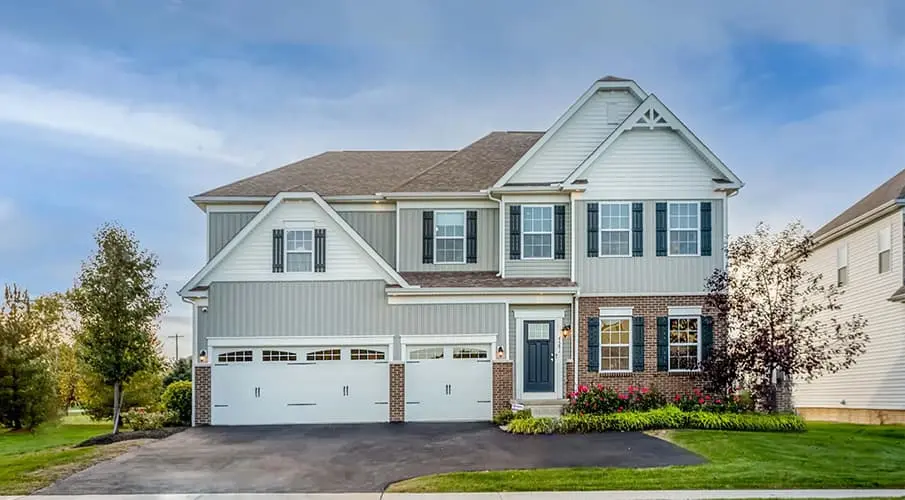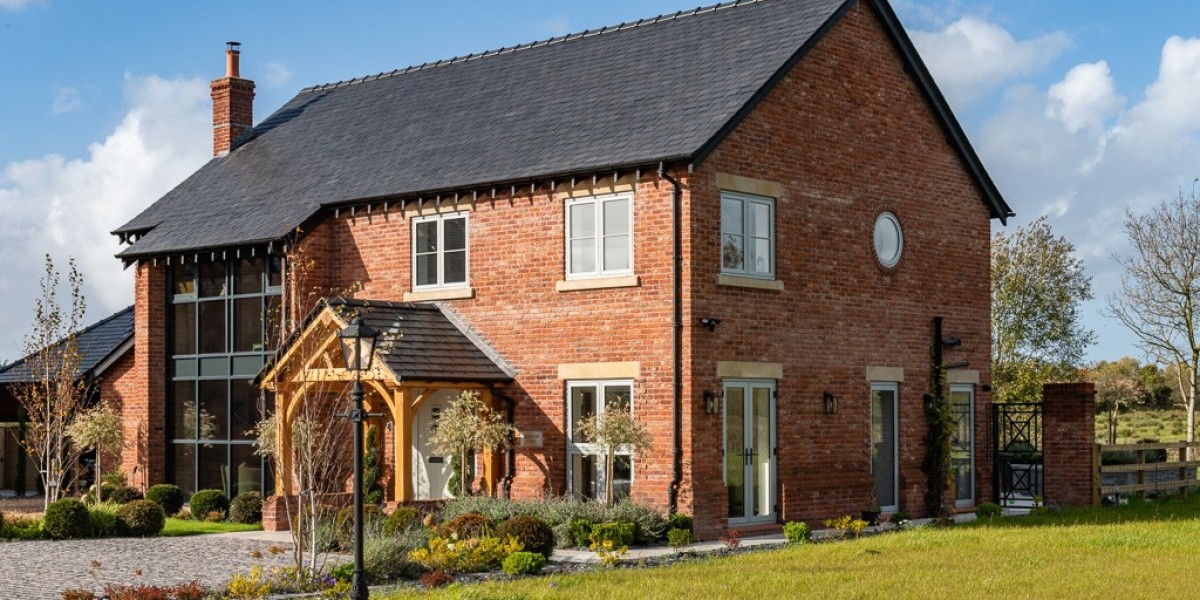
Real estate in India encompasses different types of residential or commercial property ownership, mainly divided into freehold and leasehold. Understanding these types is vital for potential buyers, financiers, and property owners to make educated choices.
This short article research studies the essential distinctions between freehold and leasehold residential or commercial property, their advantages and disadvantages, and the legal elements that govern them.

What is Freehold Residential or commercial property?

This is a type of residential or commercial property ownership where the owner has complete control over the real residential or commercial property and the land it bases on. The owner holds the title to the residential or commercial property forever, without any time restraints or obligations to an exceptional property owner. The owner can sell, lease, or move the residential or commercial property at their discretion.
Characteristics of Freehold Residential Or Commercial Property
Complete Ownership: The defining characteristic of freehold residential or commercial property is absolute ownership. Unlike a lease, where ownership ultimately reverts to the property manager, a freehold title deed represents your unlimited claim to the residential or commercial property for eternity. It equates to assurance, knowing you can give the residential or commercial property to future generations or offer it at your discretion.
Greater Control and Freedom: Freehold ownership empowers you to personalize your residential or commercial property to your liking. Subject to local regulations, you can carry out renovations, extensions, or perhaps destroy and restore totally. This flexibility permits you to tailor the residential or commercial property to your developing needs and preferences, maximizing its energy and value.

Potential for Appreciation: Freehold residential or commercial properties are generally thought about more important assets compared to leaseholds. Since the land is permanently yours, freehold residential or commercial properties experience greater appreciation in market price with time. Hence, they are a sound investment option for significant returns in the long run.
Financial Benefits: Freehold ownership removes the need to pay ground lease, a recurring charge requirement in leasehold residential or commercial properties. It causes ongoing cost savings for freehold owners. Additionally, freehold residential or commercial properties command higher rental yields in the market than leaseholds, making them a profitable income source.
Inheritance and Transfer: Freehold residential or commercial properties flawlessly integrate into estate planning. You have the complete liberty to bequeath the residential or commercial property to your successors or beneficiaries through a will. There are also very little constraints on selling or moving freehold ownership. These factors make it a versatile property for different financial objectives.
While freehold ownership uses indisputable benefits, it comes at a greater initial expense than leaseholds for irreversible land ownership. Additionally, freehold ownership comes with the obligation for all residential or commercial property taxes and maintenance costs.
What is Leasehold Residential or commercial property?
The meaning of leasehold residential or commercial property is easy. It is a type of residential or commercial property ownership in which the owner, or leaseholder, has the right to use the residential or commercial property for a particular duration, per the lease arrangement terms. The land itself is owned by a freeholder (or property owner), and the leaseholder should adhere to the conditions laid out in the lease.
Characteristics of Leasehold Residential Or Commercial Property
Fixed Term Ownership: The defining characteristic of leasehold residential or commercial property ownership is the limited lease term. Leases usually range from 25-30 years to 99 or even 999 years, though much shorter leases exist. Once the lease ends, ownership of the residential or commercial property reverts to the freeholder (landowner) unless the lease is extended or restored. This minimal ownership duration can affect the residential or commercial property's value and long-term investment capacity. As the lease nears its end, the residential or commercial property's worth might reduce due to the diminishing ownership rights.
Shared Responsibilities: The department of maintenance duties in between the leaseholder and the freeholder differs depending on the lease arrangement. The freeholder is accountable for keeping the building structure and common locations, while the leaseholder is accountable for preserving the interior of the residential or commercial property.
Lease Agreement Compliance: A lease arrangement governs the rights and duties of the leaseholder (you) and the freeholder. This agreement describes vital details such as:
Duration of the Lease: Specifies the specific timeframe for which you deserve to occupy the residential or commercial property.
Ground Rent: A periodic fee paid to the freeholder for using the land. It may be repaired or based on escalation stipulations that increase the lease over time.
Service Charges: Cover the upkeep of typical areas, facilities, and in some cases developing structures, depending upon the agreement.
Restrictions on Use and Modification: Lease agreements restrict how you can use and customize the residential or commercial property. Significant changes such as structural modifications or restorations may need consent from the freeholder. Additionally, subletting or offering the leasehold residential or commercial property may be subject to particular clauses within the lease.
Leasehold land is a typical ownership choice for homes and flats. While it offers the right to inhabit and use the residential or commercial property, it has constraints on ownership duration, adjustments, and prospective value depreciation.
Advantages and Disadvantages of Freehold Residential Or Commercial Property
Freehold residential or commercial property ownership delivers a sense of permanence and control however likewise has specific responsibilities. Let's study its advantages and drawbacks to assist you choose if it's the right option.
Advantages of Freehold Residential Or Commercial Property
Complete Ownership and Control: The most significant advantage of freehold residential or commercial property is outright ownership. You own the land and the structure, approving you complete control over your residential or commercial property. You can live there for as long as you want, make modifications or restorations without seeking permission (subject to local guidelines), and utilize the residential or commercial property for any legal purpose.
Greater Freedom and Flexibility: With freehold ownership, you can lease your residential or commercial property, sell it anytime, or perhaps pass it on to your successors. Unlike leasehold lands with constraints on adjustments and restrictions on use, freehold residential or commercial properties offer optimal flexibility in how you utilize your area.
Easier Financing: Banks and lending institutions consider freehold residential or commercial properties more secure than leasehold residential or commercial properties. You get simpler mortgage approvals and much better rates of interest when protecting a mortgage for a freehold residential or commercial property.
Higher Capital Appreciation: Freehold residential or commercial properties are thought about long-term financial investments with the potential for capital gratitude. As land is a finite resource, its worth tends to increase over time, especially in preferable places. Owning the land and structure enables you to gain from this growth.
Simpler Selling Process: Selling a freehold residential or commercial property is more simple than offering leasehold residential or commercial property. The initial landowner does not need to allow the sale, and the sale follows the basic treatments of getting in a sale agreement and signing up the deed.
Disadvantages of Freehold Residential Or Commercial Property:
Higher Initial Investment: Freehold residential or commercial properties generally have a higher price than leasehold residential or commercial properties with a similar lease term. This cost is since you're buying the building and the land beneath it, which can be a considerable hurdle for novice buyers or those with restricted spending plans.
Maintenance and Repair Costs: As the sole owner, you are accountable for all maintenance and repair work associated with the residential or commercial property. It includes both routine upkeep and any unexpected repairs that might arise. These expenses can build up gradually and require mindful budgeting.
Residential Or Commercial Property Taxes and Insurance: Freehold residential or commercial property owners are accountable for paying residential or commercial property taxes and insurance coverage, which may end up being a burden gradually.
Government Acquisition of Land: In uncommon cases, the government might obtain freehold land for public infrastructure or industrialization development projects. While you will receive settlement, it might not always match the residential or commercial property's market worth.
Risk Factors: Freehold ownership includes the fundamental risks related to owning any residential or commercial property. These can include damage from natural disasters, break-ins, or vandalism. However, these dangers can be alleviated by taking the needed safety measures, such as securing appropriate insurance protection and carrying out security steps.
Advantages and Disadvantages of Leasehold Residential Or Commercial Property
Leasehold residential or commercial properties are an unique alternative to traditional freehold ownership. While they come with advantages that make them attracting specific buyers, there are likewise restrictions. Here's a breakdown of the crucial pros and cons of leasehold ownership:
Advantages of Leasehold Residential Or Commercial Property
Affordability: Leasehold residential or commercial properties are usually less expensive than freehold residential or commercial properties for the same type of house. This is due to the fact that you buy the right to inhabit the structure, not the land itself. It can be a considerable advantage for novice buyers or those on a tighter budget.
Lower Maintenance: The freeholder, who owns the land and building structure, is responsible for major repair work and upkeep of the structure's exterior and common areas. It can benefit those who prefer a low-maintenance lifestyle and don't want to fret about budgeting for unexpected repair work.
Shared Amenities: Leasehold residential or commercial properties can access shared gardens, gyms, pool, or parking areas. These facilities can boost the living experience and offer additional value for the cost.
Short-Term Needs: Leasehold residential or commercial properties can be an excellent alternative for those who just prepare to live in a residential or commercial property for a much shorter duration. It might be perfect for trainees, young experts, or those with a flexible way of life.
Disadvantages of Leasehold Residential Or Commercial Property
Limited Control: As a leaseholder, you have less control over the residential or commercial property than a freeholder. Making considerable modifications or remodellings usually needs permission from the freeholder, which can be prolonged and often expensive.
Decreasing Value: The worth of a leasehold residential or commercial property can reduce as the lease term reduces. This is due to the fact that the staying period of ownership becomes less valuable.
Renewal Costs: Renewing the lease upon expiration can be costly. The freeholder sets the renewal terms, and it may include a significant increase in ground lease. It can financially concern leaseholders, specifically if residential or commercial property values haven't increased significantly.
Recurring Charges: Leaseholders are accountable for annual ground rent, a payment to the freeholder for the right to inhabit the land. Additionally, there may be service charges for developing upkeep and shared amenities. These expenses can add up and increase in time.
Financing Difficulties: Obtaining a mortgage for a leasehold residential or commercial property can be more difficult than for a freehold one. Some lenders may restrict the length of the staying lease or charge greater interest rates.
What Sort of Residential Or Commercial Property is Preferred for Residential Purposes?
When deciding in between freehold and leasehold residential or commercial property for residential functions, a number of factors enter into play:
Freehold Residential Or Commercial Property for Residential Use
Freehold residential or commercial properties are preferred for residential usage due to the security of ownership, flexibility to modify the residential or commercial property, and lack of ground lease obligations. Homeowners looking for long-term stability and the ability to pass the residential or commercial property on to future generations may find freehold residential or commercial property more ideal.
Leasehold Residential Or Commercial Property for Residential Use
Leasehold residential or commercial properties can be feasible for those trying to find a lower preliminary financial investment, particularly in urban locations with high residential or commercial property prices. However, prospective purchasers need to know the lease term and any associated constraints or costs. Leasehold residential or commercial properties might also be chosen in areas where freehold residential or commercial properties are unavailable.
How To Convert Leasehold Residential Or Commercial Property Into Freehold Residential Or Commercial Property?
Converting a leasehold residential or commercial property into a freehold residential or commercial property includes several steps:
Check Eligibility: Ensure the residential or commercial property is eligible for conversion per regional guidelines.
Make an application for Conversion: Apply to the relevant authority, such as the regional community workplace or advancement authority.
Pay Conversion Fees: A cost might be related to converting the residential or commercial property from leasehold to freehold.
Obtain a No Objection Certificate (NOC): An NOC from the freeholder or pertinent authority might often be needed.
Complete Legal Formalities: Finalize the procedure by finishing all required legal formalities and signing up the residential or commercial property as a freehold residential or commercial property.
Key Differences: Freehold Vs Leasehold Residential Or Commercial Property
Here are the essential distinctions in between these 2 residential or commercial property types based upon the following requirements:
Ownership and Control
Freehold: With freehold ownership, you own the residential or commercial property and the land it sits on. This grants you complete control over the residential or commercial property. You can make adjustments, renovations, or extensions, subject to local preparation regulations.
Leasehold: In a leasehold residential or commercial property, you buy the right to occupy the residential or commercial property for a fixed period, typically varying from 99 to 999 years. The land comes from a freeholder, typically a housing association or local authority. Your control is restricted by the terms of the lease arrangement, which may restrict adjustments or require consent from the freeholder.
Lease Term and Renewal
Freehold: There's no lease term with freehold ownership. You have the residential or commercial property forever and can pass it down to successors or sell it without limitation based upon the lease term.
Leasehold: The lease term is an important aspect. A much shorter lease (less than 80 years remaining) can negatively impact the residential or commercial property's value. Leasehold residential or commercial properties often feature renewal options, which can be expensive and based on negotiation with the freeholder.
Financial Considerations
Freehold: Generally, freehold residential or commercial properties have a higher in advance cost due to owning the land. However, they tend to appreciate with time, providing a much better long-term financial investment. You are accountable for all upkeep and repair costs.
Leasehold: Leasehold residential or commercial properties normally have a lower initial cost. However, you may sustain extra continuous charges, such as ground rent, an annual charge paid to the freeholder, and service charges for building maintenance. The cost of renewing the lease can likewise be significant.
Flexibility and Freedom
Freehold: Freehold ownership uses optimum versatility. You can sell the residential or commercial property at any time, make adjustments without limitations (topic to preparing consent), and enjoy complete freedom of ownership.
Leasehold: Leasehold residential or commercial properties feature limitations. The remaining lease term and potential renewal costs may impact the sale of the residential or commercial property. Modifications might require consent from the freeholder, and leasing the residential or commercial property could be limited.
Legal Aspects that Apply to Freehold and Leasehold Residential Or Commercial Property
Legal Aspects of Freehold Residential Or Commercial Property
Title Deeds: Freehold residential or commercial property owners should make sure that they hold clear and valuable title deeds.
Residential Or Commercial Property Taxes: Owners are accountable for paying residential or commercial property taxes to the city government.
Land Registration: The residential or commercial property must be registered with the land registry to establish legal ownership.
Legal Aspects of Leasehold Residential Or Commercial Property
Lease Agreement: The lease contract outlines the terms and conditions of the lease, including the lease period, ground lease, and upkeep responsibilities.
Lease Extension and Renewal: As completion of the lease term methods, leaseholders might require to negotiate lease extensions or renewals.
Leasehold Reform: Changes in legislation can affect leasehold ownership, such as reforms to make it simpler for leaseholders to purchase their freehold or extend their lease.
Land Registration: Like freehold residential or commercial properties, leasehold residential or commercial properties need to also be signed up with the land pc registry.
Conclusion
Understanding the essential differences between freehold and leasehold residential or commercial property can assist anybody in the Indian property investment. Freehold residential or commercial properties use total ownership and long-lasting security, making them ideal for those looking for stability and control over their residential or commercial property. On the other hand, leasehold residential or commercial properties can be more affordable initially and might be more prevalent in certain areas, but they include restrictions and continuous expenses. Whether choosing freehold vs leasehold residential or commercial property, prospective buyers need to carefully consider their long-lasting objectives, financial scenario, and the specific terms of the residential or commercial property in concern.

Frequently Asked Questions (FAQs)
Can freehold land be reclaimed by the government?
Yes. Under the Land Acquisition Act, the government can acquire freehold land for public purposes. However, the residential or commercial property owner is entitled to settlement based on the residential or commercial property's market price.
What kind of residential or commercial properties can not be freehold?
Specific residential or commercial properties, such as those on government or public land, might not be qualified for freehold ownership. Residential or commercial property within certain housing societies or townships may also be readily available as leaseholds.
Are freehold residential or commercial properties safe to invest in?
Yes. Freehold residential or commercial properties are typically thought about safe financial investments due to the perpetual nature of the ownership and the absence of continuous ground lease. They offer greater security and control than leasehold residential or commercial properties, making them a favored choice for lots of investors. However, thorough due diligence before investing helps you with a clear title and comply with regional regulations.




